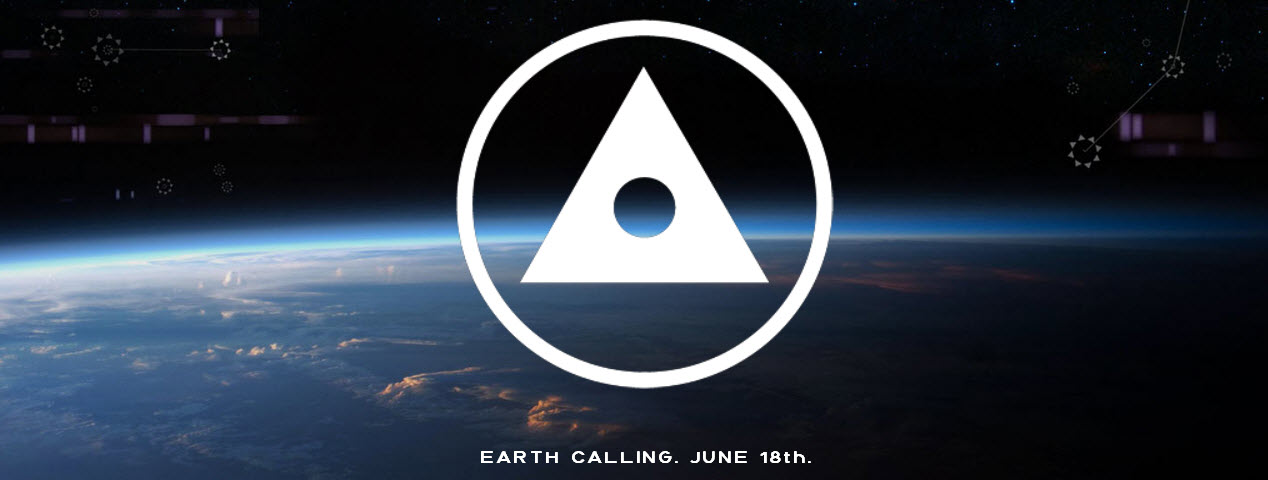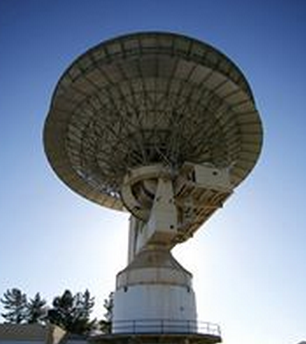Crowd-sourcing messaging to intelligent life
June 13, 2013

Lone Signal believes that crowd sourcing messaging to intelligent life (METI) is the ideal approach to establishing a stable, cohesive, and well-resourced interstellar beacon on Earth.
Lone Signal allows anyone with Internet access to compose and transmit messages to strategically targeted stellar systems.
Launching June 18, 2013, Lone Signal’s unfettered access to the broadcasting capacity of Jamesburg Earth Station in Carmel, CA allows them to target the closest known stars suspected to harbor potentially habitable planets orbiting in their circumstellar habitable zones — otherwise referred to as “Goldilocks zones.”
Through our website, users are given the opportunity to upload and transmit content to these targets (e.g., texts, images, and, ultimately, audio and video). Lone Signal is the first continuous, collective, and cohesive METI experiment of its kind.
Also see: The Benefits and Harms of Transmitting Into Space (arXiv)

Jamesburg Earth Station
Abstract: Deliberate and unintentional radio transmissions from Earth propagate into space. These transmissions could be detected by extraterrestrial watchers over interstellar distances. Here, we analyze the harms and benefits of deliberate and unintentional transmissions relevant to Earth and humanity.
Comparing the magnitude of deliberate radio broadcasts intended for messaging to extraterrestrial intelligence (METI) with the background radio spectrum of Earth, we find that METI attempts to date have much lower detectability than emissions from current radio communication technologies on Earth.
METI broadcasts are usually transient and several orders of magnitude less powerful than other terrestrial sources such as astronomical and military radars, which provide the strongest detectable signals.
The benefits of radio communication on Earth likely outweigh the potential harms of detection by extraterrestrial watchers; however, the uncertainty regarding the outcome of contact with extraterrestrial beings creates difficulty in assessing whether or not to engage in long-term and large-scale METI.
